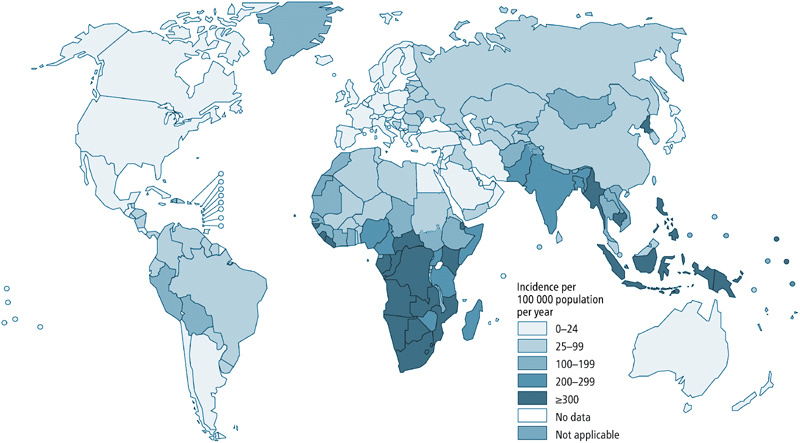Who We Are
Austrianni is a biotech company with the mission to develop diagnostics and therapeutics for the prevention and treatment of tuberculosis and other diseases of worldwide importance.
The company was established by the founders of Trianni, the Californian technology company that developed the Trianni human antibody platform and licensed it globally. Using this platform, Austrianni develops human therapeutic antibodies against Mycobacterium tuberculosis (Mtb) and pathogenic E. coli. Antibodies to some of the bacterial targets are also being developed as diagnostics.
The Health
Problem We Will
Help to Solve
Tuberculosis
Infections caused by
pathogenic Escherichia coli
Diagnostics
Management

Gloria Esposito, Ph.D.
Chief Executive Officer
Dr. Esposito obtained her Ph.D. in Genetics and Molecular Biology at the La Sapienza University of Rome. During this period she worked extensively in antibody engineering and on the development of therapeutic

Matthias Wabl, Ph.D.
Chief Scientific Officer and Acting Chairman
Dr. Wabl was a co-founder of Sagres Discovery, Inc. (now Novartis), where he served as President and as Chair of the Scientific Advisory Board, and most recently he was the Chief Executive Officer and Board Chairman of
Science Advisors
Werner Müller, Ph.D.
Dr. Müller received his Ph.D. from the University of Cologne, where he was a pioneer in generating countless transgenic mice now used all over the World. He was one of the founding members of the IMGT database, which
Michel Streuli, Ph.D.
Dr. Michel Streuli is Chief Executive Officer of Foundery Innovations, an immunotherapy venture studio. Prior to Foundery, he was Senior Vice President and Chief Scientific Officer of Pionyr Immunotherapeutics, Inc.
Prof. Sir Stewart Thomas Cole KCMG FRS
Professor Stewart Cole is an internationally renowned microbiologist working in global health. He has made outstanding contributions to HIV and HPV genomics, antimicrobial resistance research
Our Team
In our quest to combat tuberculosis, we have assembled an enthusiastic multinational team from Austria, Cameroon, Germany, Italy, Portugal, Serbia, and the United States.
World TB Incidence
Tuberculosis (TB) kills more than a million people each year and incapacitates ten times more. One quarter of the world’s population is infected with TB, and TB is among the top 10 causes of death world-wide. While it is currently most prevalent in low-income countries, cases arise everywhere. Adding to the health crisis, drug-resistant forms of the disease emerge as a major threat especially in Central Asia and Eastern Europe, but they may become even more widespread.

© 2025 AUSTRIANNI. All rights reserved.











![VBC_Co-Branding_Logo[84][30] (1) 11](https://www.austrianni.com/wp-content/uploads/2025/04/VBC_Co-Branding_Logo8430-1-11.png)